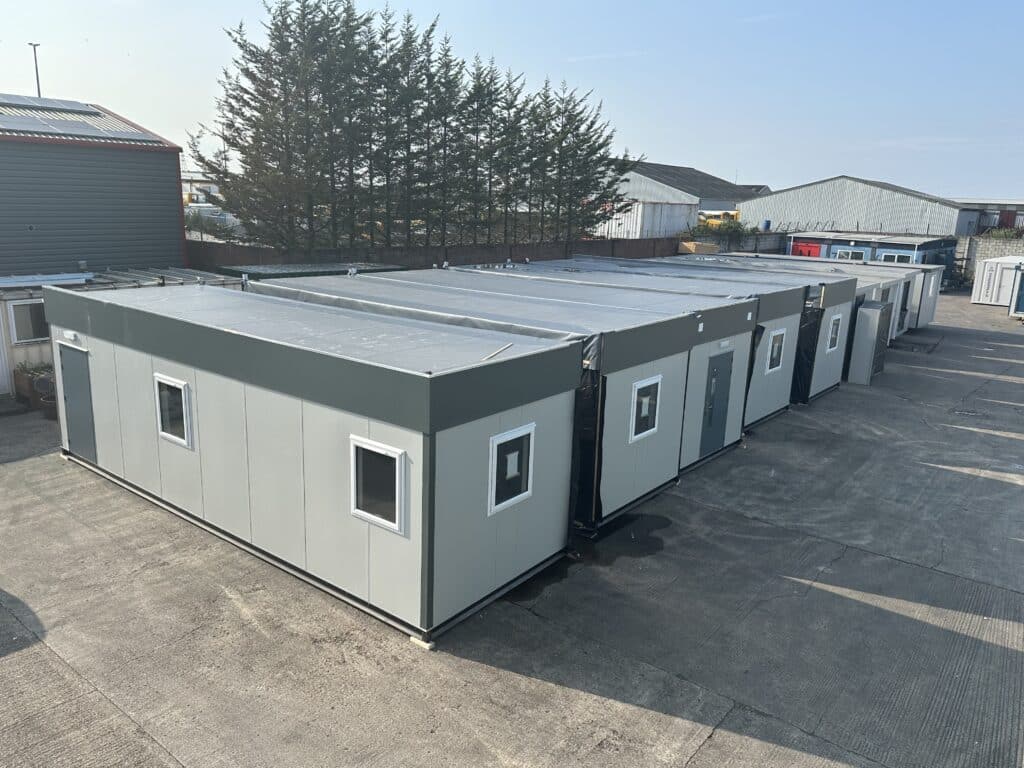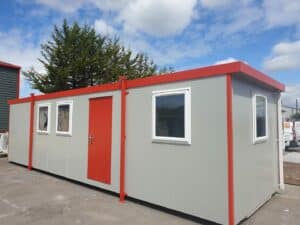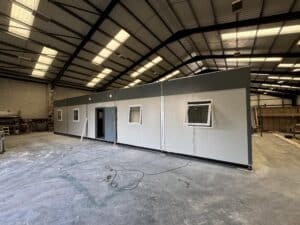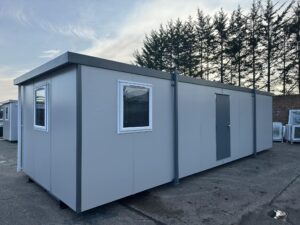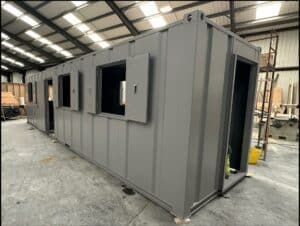In 2025, the debate between Modular and Traditional Construction methods continues to shape the building industry. With advancements in technology, sustainability, and efficiency, Modular Construction is emerging as a strong contender against conventional methods.
In this blog, we’ll compare the cost and time implications of Modular Buildings and Traditional Construction to help you determine which is the better fit for your project.
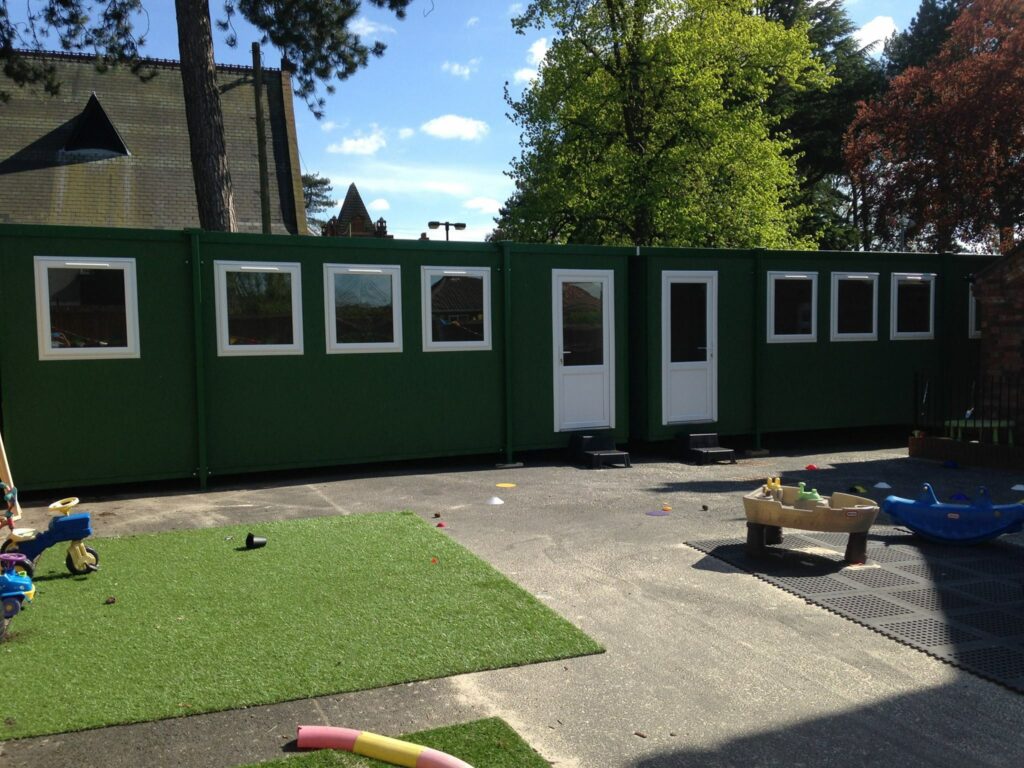
Cost Comparison
Initial Costs
- Modular Construction: Modular projects often have lower initial costs due to factory-controlled production. Materials are purchased in bulk, and waste is minimised, leading to significant savings.
- Traditional Construction: Traditional methods typically incur higher costs due to on-site labour, weather delays, and less efficient material usage.
Long-Term Costs
- Modular Construction: Modular Buildings are designed for durability and energy efficiency, reducing maintenance and utility costs over time.
- Traditional Construction: While Traditional Buildings can also be durable, maintenance costs may be higher due to on-site variability during construction.
Time Comparison
Construction Speed
- Modular Construction: Modular Building projects are completed 30-50% faster than traditional builds. While Modules are manufactured off-site, site preparation can occur simultaneously, significantly reducing the overall timeline.
- Traditional Construction: Traditional builds follow a sequential process, where weather and site conditions can cause delays.
Project Delivery
- Modular Construction: The streamlined process of Modular Building ensures predictable timelines, making it ideal for projects with tight deadlines.
- Traditional Construction: Unforeseen challenges on-site, such as labour shortages or material delays, often extend project timelines.
Sustainability
- Modular Construction: With reduced waste, energy-efficient designs, and the potential for disassembly and reuse, Modular Construction is an eco-friendly choice.
- Traditional Construction: Traditional methods tend to generate more waste and have a higher environmental impact due to inefficient material use and longer build times.
Quality and Flexibility
- Modular Construction: Factory-controlled conditions ensure consistent quality, while customisation options allow for tailored designs.
- Traditional Construction: Traditional methods offer more flexibility in unique or complex designs but may lack the efficiency and consistency of Modular builds.
Conclusion
- Modular Construction: Ideal for projects that require speed, cost-efficiency, and scalability, such as schools, hospitals, and housing developments.
- Traditional Construction: Better suited for intricate, bespoke designs or projects with unique architectural requirements.
Modular Construction offers significant advantages in cost, time, and sustainability compared to traditional methods. However, the choice ultimately depends on your project’s specific needs and priorities. For those seeking efficiency, reduced timelines, and eco-friendly solutions, Modular Construction is the way forward.
If you’re considering Modular Construction for your next project, contact Spacemaker Modular Buildings today for expert advice and tailored solutions.

